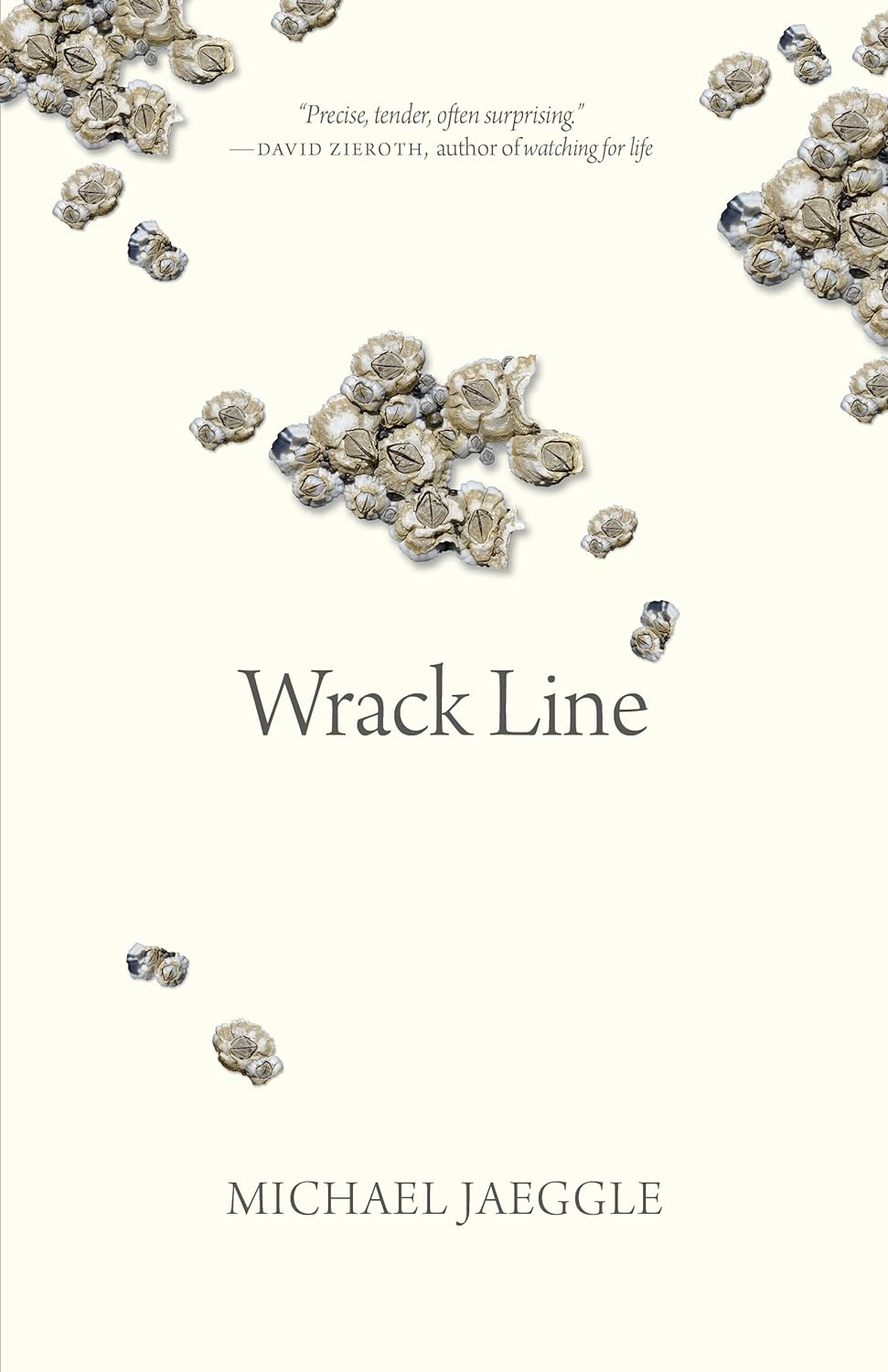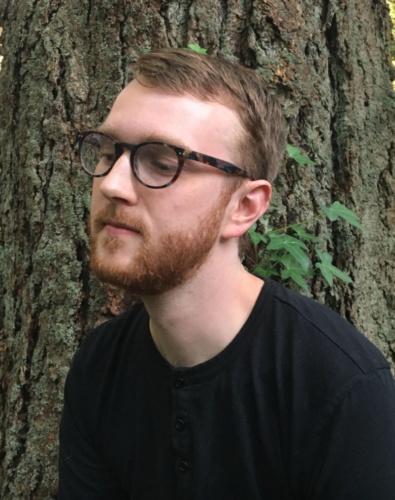The northern spotted owl lives in the canopy of old-growth forests of the Pacific Northwest. Due to unsustainable logging practices, the Canadian population is close to zero. As of this writing, there are only three northern spotted owls in southwestern British Columbia—one wild-born female and two captive-born males recently released into the wild.
In its inconspicuous form, language is evanescent. An application for harvesting rights filed, a logging permit authorized, an invoice for chainsaws paid, an expletive-laden warning followed by a falling tree. Language disappears into its utility as it fulfills its intended purpose. I like to think that poetic language takes on a more durable form. If a poem works, if the thing sings, it is because the words entreat the inner and outer eye and ear to linger, to stay, to be with things.
Because its survival is tied to the preservation of old-growth forests, the northern spotted owl represents a threat to the logging industry. “Save the trees, wipe your ass with an owl” printed on a T-shirt. “Kill a spotted owl, save a logger” on a bumper sticker. A bloodied owl strapped to the grill of a semi with bungee cords. An owl left mutilated on a tree stump, a message for conservationists. The northern spotted owl has been, and likely will continue to be, the target of violence.
I have always agreed with those who speak of writing in terms of discovery, of happening upon a sense of order shaped by something other than the self. It was only recently, though, that I came to understand what “something other than the self” actually means. Looking at a press release photograph of the northern spotted owl, I felt the impulse of poetry at the same time its near-black eyes told me humans do not have a monopoly on what life looks like. Since then, I have clung to this sense of poetic vitality: when the ego surrenders to wilderness, the poem comes into being.
Unlike an appeal based on statistics, graphs, and other representations of data, poetry does not require a ready-made sympathy. It locates the crucible where beliefs and principles take shape. When a poem makes ecological diversity a sensorial fact, something felt as well as known, the well-being of the more-than-human becomes a value. But because a respect for wilderness is not necessarily actionable knowledge, it behooves those vying for a more hospitable world to transform this value into political action. Policy development is beyond the means of poetry, for better or for worse.
In other words, a poem will not compel a logger to drop his equipment, unfasten his choker chain, and close up camp. Nor will a poem persuade a politician to extend protections to old-growth forests, secure funds for conservation efforts, and legislate a just transition. To make an abstraction like ecological interdependence feel like lived experience—this is a power unique to poetry. Because it entails the realization that paying attention to wilderness is the same as paying attention to the self (and vice versa), this power is foundational. Like a branch from which an owl perches, poetry supports us as we survey our options, bide time, and go about securing the means for continued life.




